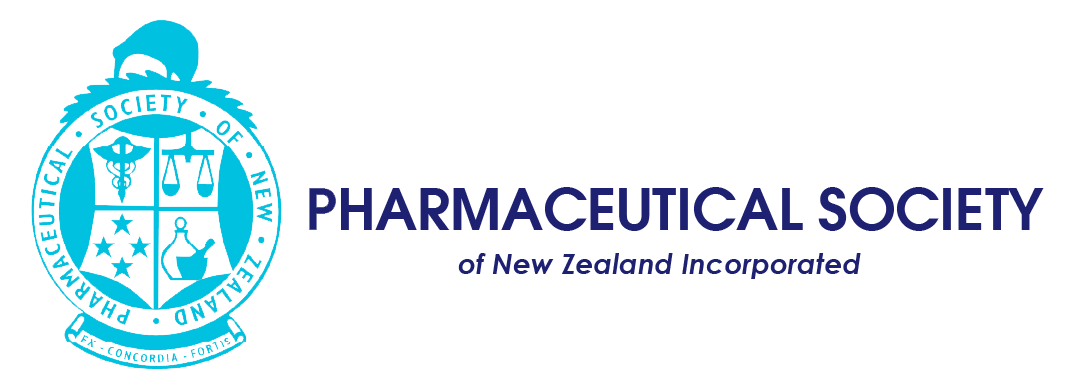The future could be rural
Pharmacists are being encouraged to settle in rural communities as part of the Government’s voluntary bonding scheme.
This is the first-time pharmacists have been included in the programme.
Pharmaceutical Society of New Zealand president Rhiannon Braund said there is a lot going for the country’s smaller centres that should attract pharmacists to settle in them, but the cash incentive Te Whatu Ora is offering “is a welcome addition”.
“Working in rural and regional New Zealand can provide a breadth and depth of early career experience not always available in urban settings. There is also the professional satisfaction of working in communities who appreciate pharmacists and other health professionals taking the plunge and moving to rural and regional areas.”
The eligible 2024 employment settings for Pharmacists are:
• Rural and Regional Community settings
• Regional Public Sector Hospitals
The category is geographically targeted to rural and regional Aotearoa New Zealand and excludes the urban boundaries of the six main centres (Metropolitan Auckland, Tauranga, Hamilton, Wellington, Christchurch and Dunedin)
The six-week registration of interest period for the Voluntary Bonding Scheme 2024 Intake opens in February. It’s available to people if they are a new or recent graduate Pharmacist who:
• completed undergraduate university studies as a pharmacist in 2023 and are commencing their internship in 2023 or early 2024 OR
• completed undergraduate university studies as a pharmacist in 2021 or 2022 and complete/d their internship in 2023 AND
• intend to work at 0.6FTE or more in an eligible Pharmacy setting for at least three and up to five years, they are eligible to register for the programme with the bonds starting 1 January 2024 (at the earliest).
If an applicant’s registration is accepted and they meet the terms and conditions, a bond payment of $11,796 (after tax) is available after the completion of a minimum of three years’ service, and up to two additional payments of $3,932 after a fourth year and fifth year.
For more information, please visit Te Whatu Ora’s website.

